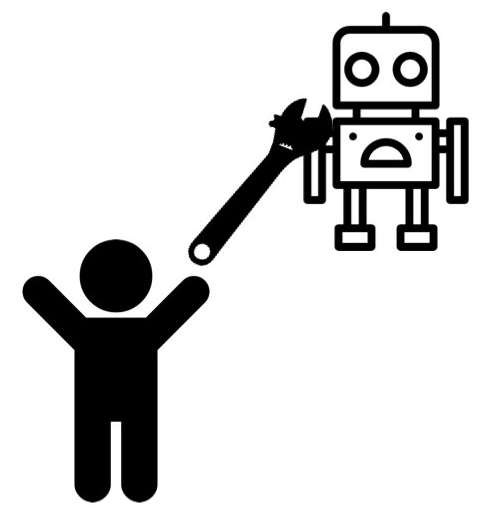Project Overview
It is a common practice for generative AI (GenAI) models to go through “red teaming” and “alignment” processes before they are released to the public. But they – the models and tools powered by these models – can somehow escape such processes before they are deployed in educational settings.

This research project aims to critically examine and advance how GenAI tools can uphold and promote fundamental educational values. These values, which include student agency, cultural inclusivity, and ethical engagement, are central to learning environments that empower all learners. By conducting both technological evaluations of existing GenAI tools and forward-looking design explorations, the project seeks to shape the next generation of AI-driven educational technologies.
This project has two thrusts:
-
First, we seek to evaluate how existing GenAI tools perform against core educational values such as student agency and cultural inclusivity. We conduct technological investigations using a mixed methods approach.
-
Building on the first thrust, the project also applies value-sensitive design principles to conceptualize and prototype next-generation GenAI interfaces for education. We aim to surface values and value tensions in educational practice and aspire to build AI tools that center core education values and respect expertise and dignity of people in education.
Pedagogical Biases in AI-Powered Educational Tools
We examine pedagogical biases in AI-powered educational tools. In a recent study focused specifically on lesson plan generators, we investigate how these tools may implicitly embed outdated educational approaches that limit student agency and classroom dialogue. To mitigate this issue, we further experimented with intentional prompt engineering, which showed promise in significantly enhancing these dimensions in AI-generated lesson plans. We offer practical strategies for educators and developers to mitigate harmful pedagogical biases while promoting contemporary educational values.
Of course, pedagogical biases are not limited to these two dimensions or lesson plan generators. We are currently working on a broader framework to identify and mitigate pedagogical biases in AI-powered educational tools. We are especially keen in drawing on different epistemological and pedagogical frameworks to imagine possible futures—especially those are currently neglected.
Value-Sensitive Design of GenAI Tools for Education
Building on our evaluative work, we apply value-sensitive design principles to conceptualize and prototype next-generation GenAI interfaces for education. Several design projects have emerged from this thrust:
- CraftPad — A workspace for teachers to sketch and refine Knowledge Building designs, re-centering educator expertise and judgment against efficiency-centric dialogues on AI in education.
- InkSpire — An AI-enhanced web application that helps college instructors create scaffolded reading assignments to improve student engagement.
- Wonderbits — A collaborative environment for growing ideas that embodies principles of student agency and knowledge building.
Publications
- Chen, B. (2025). Beyond Tools: Generative AI as Epistemic Infrastructure in Education (No. arXiv:2504.06928). arXiv. https://doi.org/10.48550/arXiv.2504.06928
- Cheng, J., Gao, Y., Liu, X., Barany, A., & Chen, B. (2026). Educators’ AI Journey: Developing AI Competencies in a Professional Development Program. In G. Carmona, C. Lima, M. J. Santos, H. Benítez, L. Montero-Moguel, & B. Galarza-Tohen (Eds.), Advances in Quantitative Ethnography (Vol. 2677, pp. 21–36). Springer Nature Switzerland. https://doi.org/10.1007/978-3-032-12229-2_2
- Chen, B., Cheng, J., Wang, C., & Leung, V. (2025). Pedagogical biases in AI-powered educational tools: The case of lesson plan generators. The Social Innovations Journal, 30. https://osf.io/preprints/osf/zqjw5_v1 or https://socialinnovationsjournal.com/index.php/sij/article/view/10004
- Cheng, J., Wang, C., & Chen, B. (2025). Evaluating Student Agency in AI-Generated Lesson Plans. In the Proceedings of the ICLS Conference. ISLS: Helsinki, Finland.
- Chen, B. (2024, October). Epistemic Agency and Infrastructure in the GenAI Era. Invited lecture at the National Institute of Education, Nanyang Technological University, Singapore.




